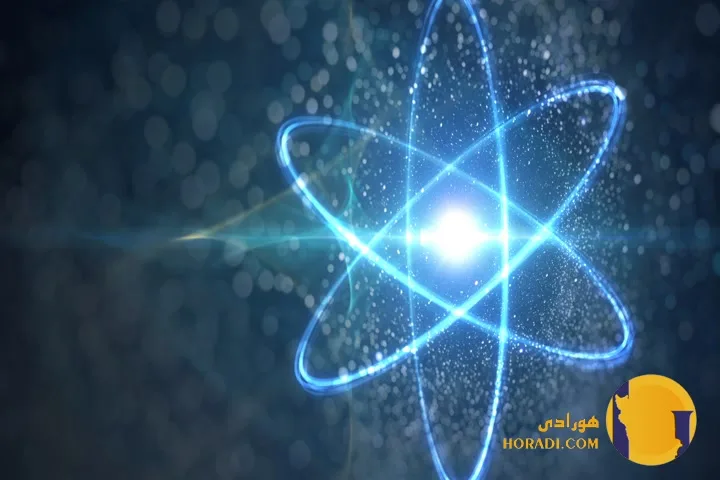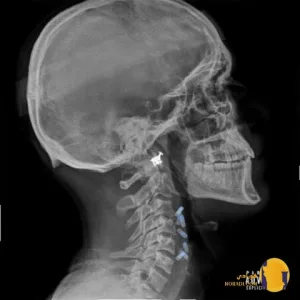
Latest Discoveries on Quantum Physics
Quantum physics has always been at the forefront of modern science, pushing the boundaries of what we understand about the universe. In 2025, the field has seen rapid progress due to advancements in experimental technology, high-performance computing, and global collaboration. These breakthroughs are not only deepening our grasp of fundamental physics but are also paving the way for revolutionary applications in quantum computing, communications, and materials science.Latest Discoveries on Quantum Physics
Breakthroughs in Quantum Entanglement and Latest Discoveries on Quantum Physics
Quantum entanglement—the strange phenomenon where particles remain connected no matter the distance—has reached new heights in experimental precision. In 2025, researchers achieved stable entanglement across record distances without loss of coherence, a milestone that could transform secure communication networks. Scientists have also improved methods of entangling multiple particles simultaneously, opening the door for scalable quantum computers and advanced cryptographic systems.
Advancements in Quantum Computing
Quantum computers are moving from experimental to practical use. Recent developments in qubit stability have allowed quantum processors to run more complex algorithms without errors. In 2025, several companies announced processors with over 1,000 qubits, capable of outperforming traditional supercomputers in specific tasks. These machines are showing promise in simulating molecular interactions, optimizing supply chains, and solving previously unsolvable problems in physics and chemistry.
New Discoveries in Quantum Materials
Scientists have discovered novel materials that exhibit quantum properties at room temperature, a major leap from the need for ultra-cold environments. These materials could make quantum devices more accessible, affordable, and energy-efficient. The most promising examples are quantum topological insulators and room-temperature superconductors, which could revolutionize energy transmission and magnetic sensing.
Quantum Simulation of the Early Universe
Physicists are now using quantum simulations to recreate the extreme conditions of the early universe. By manipulating ultracold atoms and photons, researchers have mimicked cosmic inflation and particle creation events that occurred fractions of a second after the Big Bang. These experiments are offering fresh insights into the laws of physics that govern both the smallest particles and the largest cosmic structures.
Discoveries in Quantum Gravity Experiments
The long-standing goal of uniting quantum mechanics with general relativity is seeing experimental progress. In 2025, groundbreaking tabletop experiments have started probing tiny gravitational effects on quantum particles. Though results are still being analyzed, they could provide the first experimental evidence for quantum aspects of gravity, a major milestone in physics.
Quantum Communication Networks in Space
Building on entanglement research, 2025 has seen the deployment of the first space-based quantum communication relays. These satellites use entangled photons to enable unbreakable encryption over global distances. By operating outside the Earth’s atmosphere, they avoid interference and signal degradation, making them crucial for secure governmental, financial, and military communications.
Quantum Sensing for Medical and Environmental Uses
Quantum sensors are becoming more sensitive and compact, allowing them to detect changes at the atomic level. Medical researchers are developing quantum-enhanced MRI scanners capable of mapping the human brain in unprecedented detail. In environmental science, quantum sensors are helping detect minute changes in gravitational fields to locate underground water reserves and track glacier melting rates with extreme accuracy.
The Role of Artificial Intelligence in Quantum Research
AI is accelerating quantum physics research by helping scientists design experiments, analyze massive datasets, and simulate quantum systems faster. Machine learning algorithms are optimizing qubit error correction and predicting the properties of new quantum materials, significantly reducing the time between theory and experimental validation.
Challenges and Ethical Considerations
Despite the excitement, quantum technology faces significant challenges. Issues such as quantum hacking threats, environmental impact from large-scale quantum facilities, and the potential for economic inequality between nations with and without quantum capabilities are sparking debates among scientists and policymakers. There is a growing call for international regulation and ethical guidelines to ensure responsible use.
Looking Ahead The Future of Quantum Physics
The pace of discovery in quantum physics suggests the coming decade will be transformative. From practical quantum computing to global quantum internet networks, the applications could reshape science, technology, and even geopolitics. The year 2025 marks a turning point where theoretical concepts are steadily becoming real-world technologies, promising a future where quantum mechanics drives everyday innovation.









































